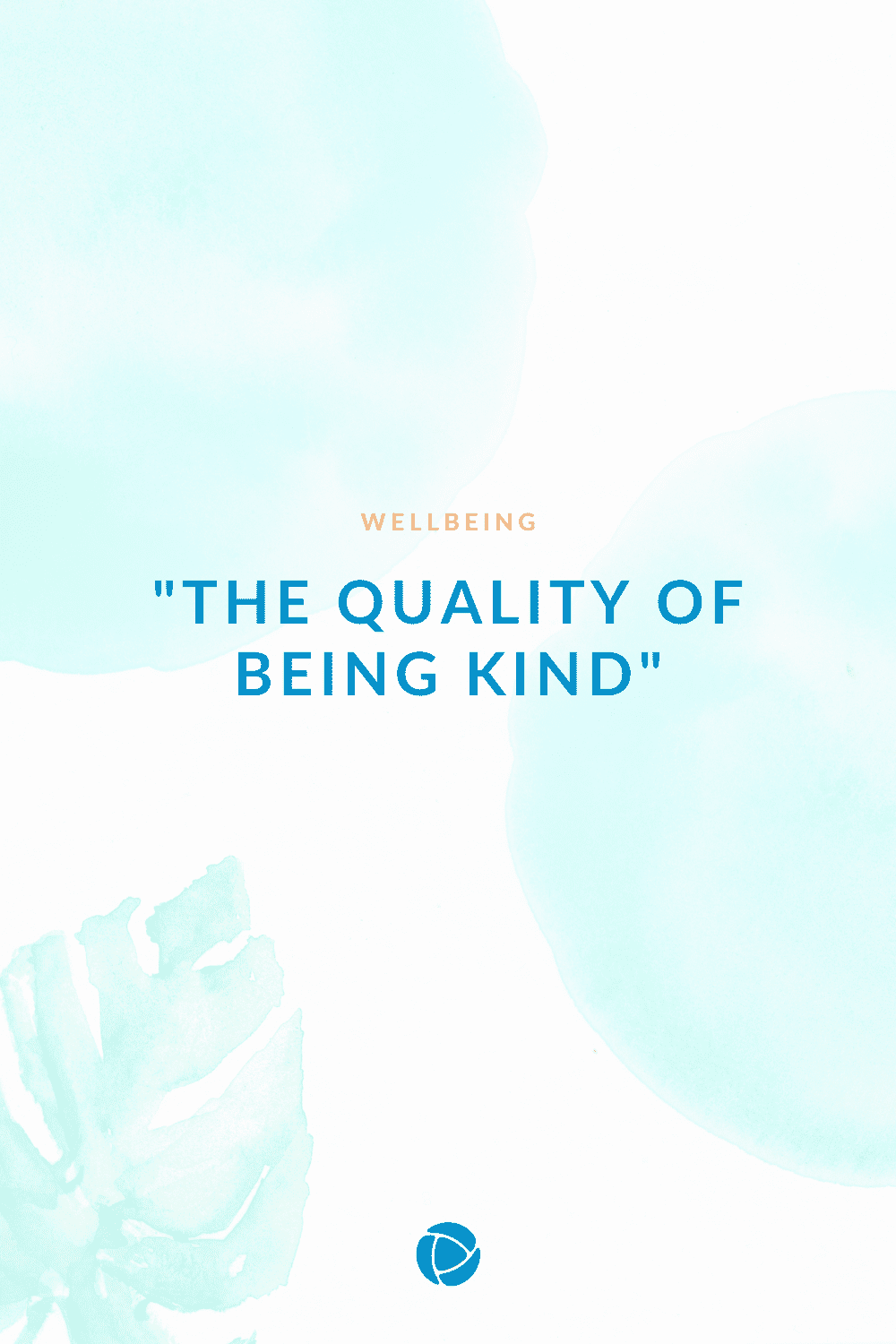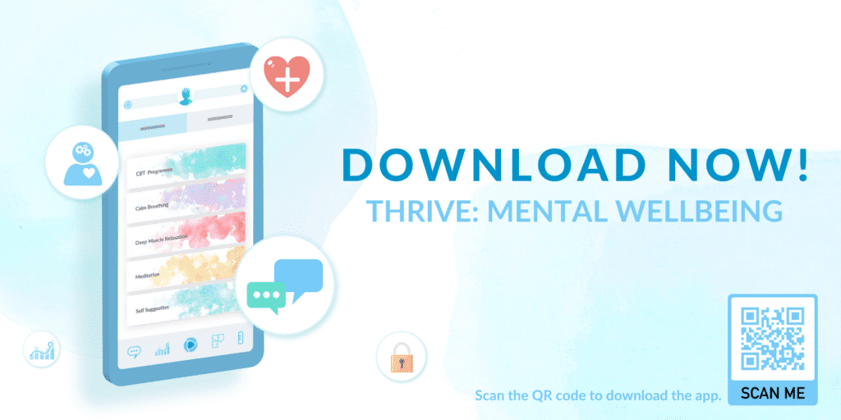
November 3, 2021
“The Quality Of Being Kind”
As a therapist, I am often surprised by how much of our struggles come down to the way we think. The problems that keep us awake at night, issues we have at work and conflicts we go through with friends, more often than not have to do with banal misconceptions and simple errors in our thinking. Unfortunately, simple as these may be, they are hardly noticeable until we really start looking for them. Probably the most common of these simple slips is the lack of kindness towards ourselves and often towards others.
As it can affect so many aspects of our lives, kindness, or the lack of it, is often portrayed as one of those good for everything ingredients we all need for our mental wellbeing. Just take a look at a couple of the most recent articles on the benefits of kindness. They show that kindness can increase life satisfaction, positive mood, and peer acceptance. It can stimulate the release of serotonin and oxytocin, which can increase trust, reduce fear and anxiety, and even help us read each other’s minds. For the elderly, prosocial behaviour can also promote longevity. For teenagers, it can boost self-esteem and, all in all, kindness will make us all happy.
While there is indeed evidence to support some of these claims, high expectations can often turn even the simplest of things into something unattainable and overly complex. For one, as we dive into the benefits of kindness, we will learn that anyone who is really serious about this should focus on self-compassion inwards and “loving-kindness” outwards. This distinction between our inner and outer attitudes may be useful for some. However, breaking apart and endlessly twisting this concept often distract us from our core issue here: kindness itself.
So what is kindness exactly?
What do we mean when we are trying to be kind to someone, including ourselves? Taking a quick look at the Cambridge and the Merriam-Webster dictionaries, kindness is the “quality of being kind”. In other words, kindness is something so fundamental that often not even scholars bother defining it. It is a word we are all supposed to understand. And certainly, being such a basic concept, we all have some sort of image of kindness and idea of how kind people ought to behave. But does that explain what kindness actually is, how it works and how to be like that? Does simply imitating kind people, or making ourselves act kindly make us kind? Hardly.
Kindness as a lack of judgement
What I find useful when talking about kindness is to understand it as a lack of judgment. When we observe ourselves, it may be surprising at first that kindness is not something we actively do. It is what we don’t do: the lack of blaming, labelling or any attempt to correct ourselves and others. When we go beyond these habitual patterns of judgement and accept what is in front of us, that is the quality which we usually label as being kind. Of course, other more obvious displays of kindness are also important. For instance, showing care and compassion, helping others, and being generous and considerate. However, all of these behaviours have their roots in the state of non-judgment.
If this sounds a bit esoteric, let me clarify. Anyone who has ever tried to be kind to someone they don’t like knows that this can only come out as awkward or simply fake at best. On the other end, what happens when we really try to be kind towards ourselves in a judgmental state? We may read a few tips on taking care of ourselves or treating ourselves nicely (which can be very useful). But at the first mistake, we become anything but kind. We start bashing ourselves for not being compassionate enough, not being patient enough or for giving too much credit to other people’s comments and so forth.
Where does this judgement come from?
Instead of overcomplicating and trying to practise kindness in a hundred different ways, the simplest and most obvious thing we can do is to learn how to be a bit less judgmental. The rest will follow. One way is to first consider how a judgmental mindset always comes from somewhere. None of us is inherently judgmental from birth. We acquire this mindset from being judged by others, by our parents, our teachers and our friends. Of course, as we grow up, there are things we have to learn and most of these people have simply tried to teach something to us. But sometimes they go too far, or we start taking them too seriously and their voice, their comments, stay with us. As time goes by we start to forget where this voice came from and it becomes internalized and we perceive it as our own.
Being less judgemental
The way to drop our judgmental mindset is to see that many of these voices, these thoughts in our head, are frequently not our own nor do they reflect any ultimate truth. They are merely opinions. Most of them are taken from someone else and this is perfectly fine. The question for us is which one we want to listen to. When we judge, we pick out one of these voices from the many and treat it as if it was beyond questioning. The key here is reflection. Once we start seeing that even our most righteous opinion is only a voice in our head and we may not even have come up with it, we immediately have a choice in how far we would like to take it.
It is often said that the greatest favour we can do to ourselves is to become our own best friend. In practice, this means that as we listen to these voices, we need to ask which one sounds like a friend talking to us and which one is more like a street-corner preacher. So if you are trying to be kind, start by picking the right one. If we can see this and practice it, we are already well on our way towards a kinder outlook, may that be towards ourselves or anyone else.
The Thrive: Mental Wellbeing app is a great tool to help you manage your wellbeing. Why not be kind to yourself today and prioritise your mental health and wellbeing?

Get the latest news with
Thrive Unplugged!
Sign up to our monthly newsletter to receive the latest news on everything Thrive Mental Wellbeing.








